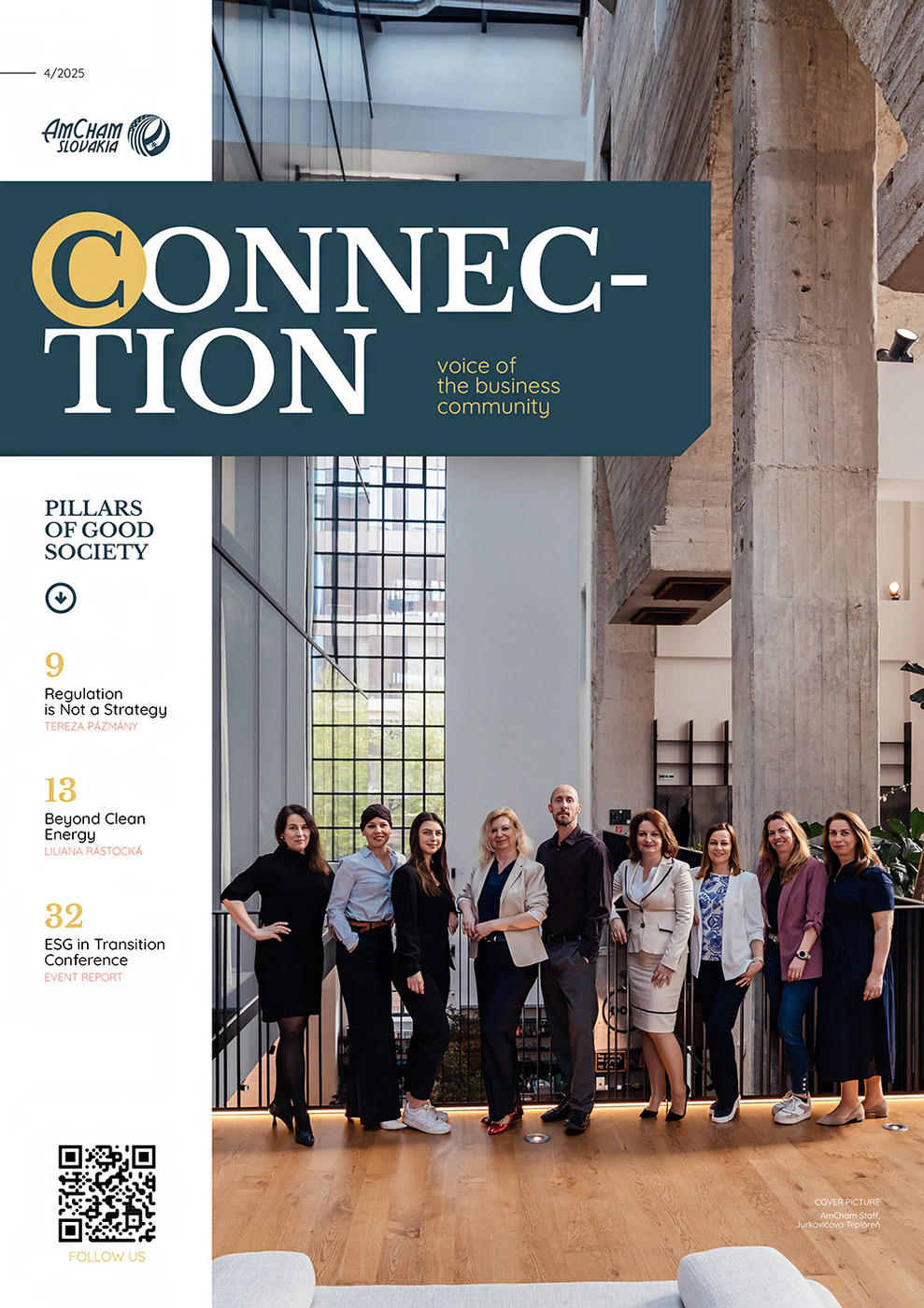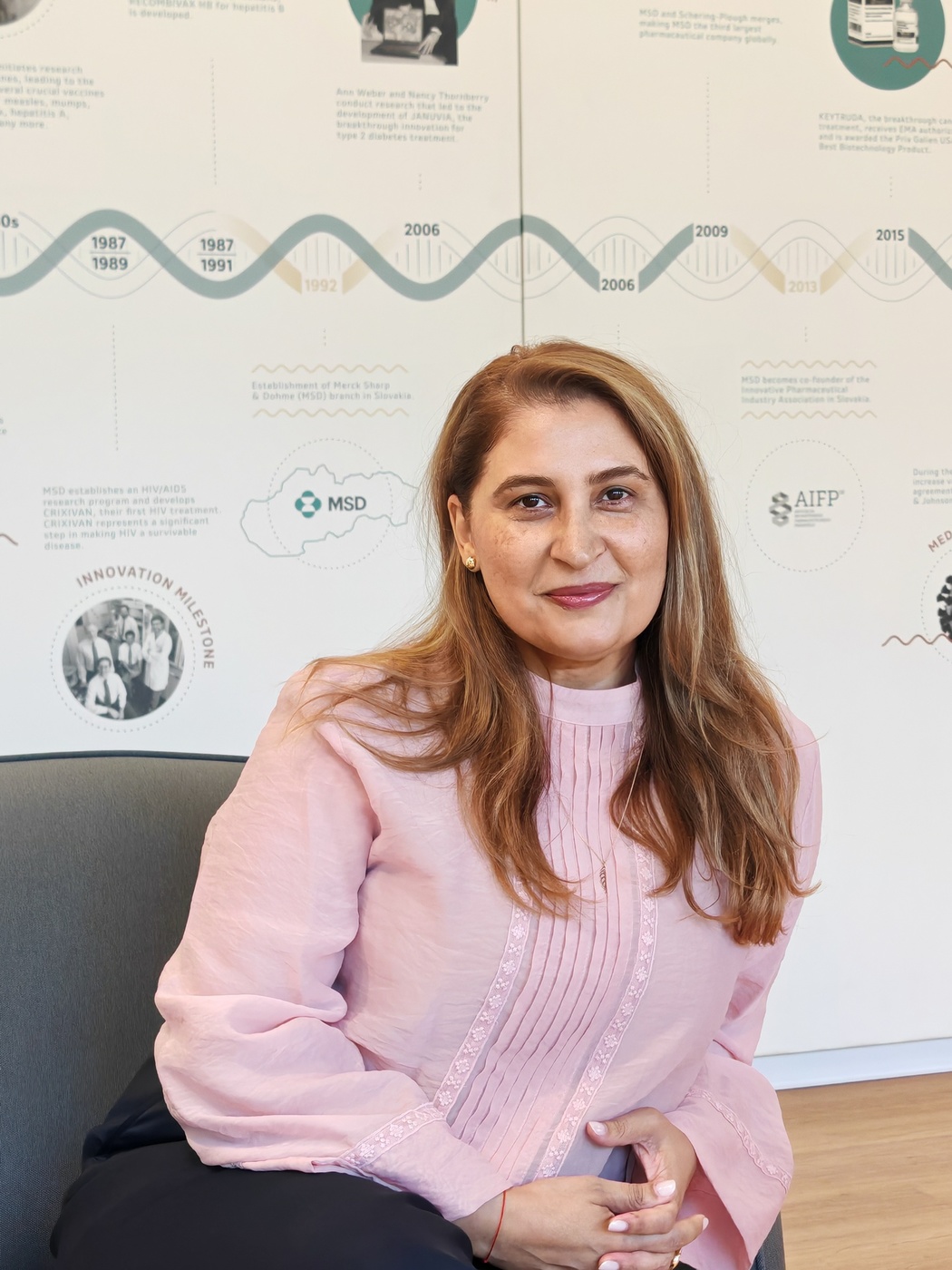Investing consistently in prevention and leveraging innovation across all segments of the patient journey to drive efficiency can create real value for both patients and healthcare ecosystem.
Simply cutting public healthcare spending may seem like a straightforward solution to release the pressure on budget, but it only delays the inevitable and widens the gap that will eventually still need to be addressed. As available data shows, every reduction of public healthcare expenditure by €200 million can potentially lead to estimated economic impact losses of €1.6 billion. Conversely, increasing the healthy years in the population also means extending productivity, which will be fundamentally important given the aging phenomena and birth rates decline. Time is on our side only to a certain extent – if we want to improve outcomes and reduce costs, we must start investing wisely and timely. Any system that invests in healthcare in short, intensive bursts will inevitably feel some form of “financial fatigue”. For this reason, it is crucial to have a healthcare strategy that is strongly linked to the economic vision of the country and is implemented with consistency and a sense of urgency.
Prevention and creating the necessary conditions for a healthy lifestyle need to be at the center of such a healthcare vision. A coherent approach to prevention will support a significant reduction of expenses related to chronic diseases, which represent a huge financial burden. In Europe, these costs reach €700 billion annually, accounting for approximately 75% of all healthcare expenditure. Moreover, according to an extensive study of McKinsey Global Institute “Prioritizing Health – A prescription for prosperity”, every €1 invested in preventive healthcare brings about €14 back to the healthcare and social sectors.
When talking about prevention, I refer to screening programs which help detect diseases at early stages, significantly reducing further costs for treating patients in later stages of illness and ensuring a much higher rate of successful economic and social reintegration and immunization - the most cost-effective health intervention, bringing significant economic and health benefits. Despite this, vaccination is underfunded in many European countries. According to Eurostat, prevention has on average an allocation of 5.5% of healthcare budgets, but less than 0.5% of healthcare spending is allocated to immunization.
Why is vaccination so important? For example, pneumococcal vaccination can prevent the consequences of respiratory infections, which are the 4th most common cause of death in the European Union. Another example, HPV vaccination can annually prevent 27,000 diagnosed cases of cervical cancer and 12,000 deaths from this disease in the EU. In Slovakia, the progress is still slow while 200 women die annually from cervical cancer. And this is just one of the nine types of cancers caused by the HPV virus! More effective prevention requires a good strategy that must also be ambitious in defining key performance indicators (KPIs). It is essential to be able to effectively evaluate whether state-invested resources in the public sector have met clearly defined expectations. Slovakia has a great opportunity to do this since the revision of the National Oncology Program has started and is expected by the end of this year.
More effective prevention requires a good strategy that must also be ambitious in defining key performance indicators (KPIs). It is essential to be able to effectively evaluate whether state-invested resources in the public sector have met clearly defined expectations. Slovakia has a great opportunity to do this since the revision of the National Oncology Program has started and is expected by the end of this year.
However, bold plans alone are not enough; today’s healthcare challenges require a high degree of collaboration, dialogue and trust between the different parts of the ecosystem – government, regulatory authorities, insurance companies, medical community patients and industry.
Investing in research and development of new breakthrough therapies and vaccines remains at the heart of our mission at MSD. But ultimately, the full potential of innovation can only be achieved in the presence of a functional access system. For me, a functional system has clear priorities, established and supported by evidence, provides timely access to new therapies, has a dynamic and consistent dialogue with the entire ecosystem and is promoting healthcare as a strategic area of investment for the overall competitiveness of the country. Horizon scanning can help policymakers to anticipate and manage investments required for innovation and to monitor emerging trends. Such tools can help governments predict with greater accuracy how to allocate resources efficiently.
Why is this important and relevant? Ten years ago, cancer treatment was primarily based on chemotherapy and radiotherapy. The discovery of immunotherapies, targeted therapies, or gene therapies, represent a revolutionary change in only one decade! In today’s rapidly accelerating landscape, ten years is no longer a long time. Cutting funds or imposing bureaucratic barriers may seem like short-term fixes, but in reality, they represent a lose-lose scenario—undermining both healthcare budgets and patient outcomes.
When talking about the need for investments and sustainable financing, it is equally important to adopt an approach that enables value creation within the healthcare ecosystem. Clinical trials, one of the fastest ways to bring new therapies to patients, are also one of the great ways of creating more value within the ecosystem - not only do they improve patient access to innovative therapies, but they increase employment in research and development and generate significant savings for the overall healthcare budget. On the other hand, without favorable conditions and active support from the state, for example in the form of a low regulatory burden or support for patient recruitment, pharmaceutical companies will not be able to create such value.
None of the above is easy or simple. However, financial sustainability, value creation, horizon scanning and collaboration are not impossible. For this to be achievable, we all need to make the effort to sustain a solid dialogue, where we all sit one the same side of the table.
Ana Dodea, Managing Director, MSD Slovakia



Follow us